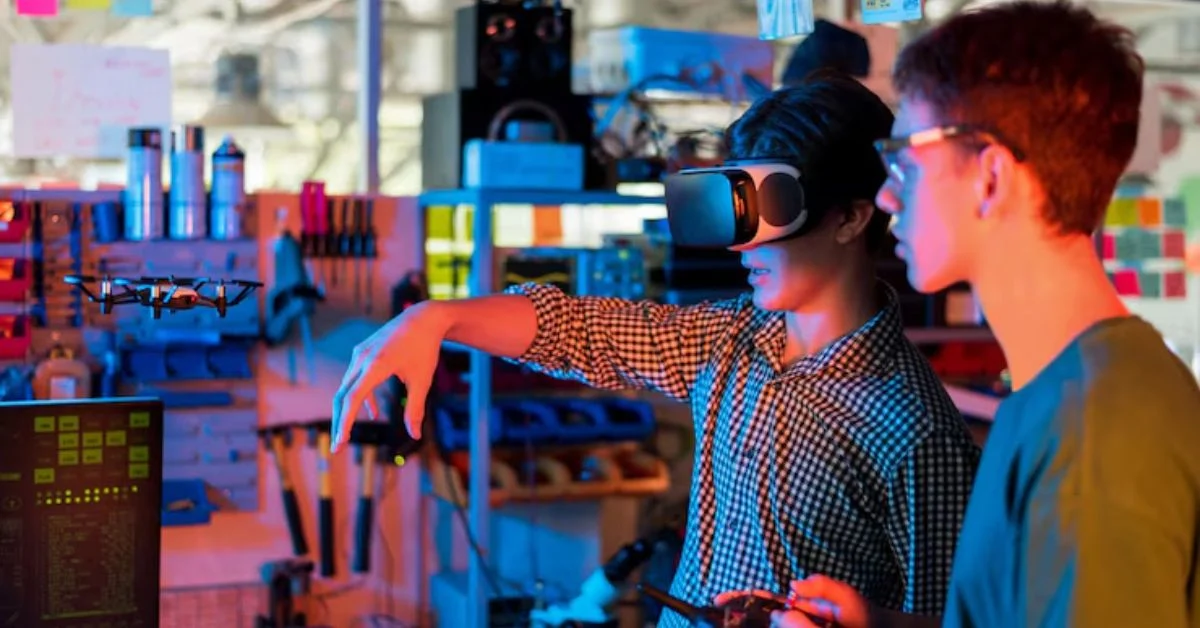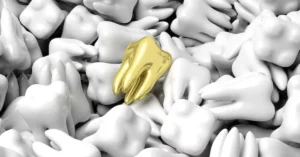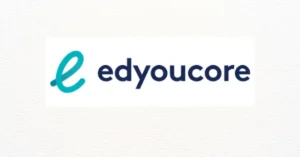In an age defined by rapid digital transformation, the intersection of technology and creativity is reshaping the way we experience design, branding, and innovation. Flomad Labs, a name increasingly resonating within circles of digital thinkers and creators, stands as a model of this convergence. At its core, Flomad Labs is more than just a design studio or a development firm. It is a hybrid space—a laboratory, a collective, and a studio—pushing boundaries in design thinking, immersive media, and strategic digital solutions.
While many organizations adopt the label of innovation, few truly operate on its bleeding edge. Flomad Labs distinguishes itself not by the scale of its operations, but by the originality and clarity of its vision: to empower modern brands and creators through experimental yet actionable approaches to design, storytelling, and digital expression.
Origins Rooted in Creative Wanderlust
The etymology of “Flomad”—a fusion of “flow” and “nomad”—reflects the ethos of the organization: dynamic, boundaryless, and fluid. Founded by a collective of designers, technologists, and strategists who themselves worked nomadically across global cities and disciplines, Flomad Labs was born from a need for a new kind of agency. One that doesn’t just create digital assets but crafts experiences informed by cultural nuance, adaptive technology, and deeply collaborative workflows.
Their early work emerged from a series of popup installations and digital art interventions in cities like Berlin, Tokyo, and San Francisco, each project doubling as both a case study and an experimental canvas. Over time, this approach attracted a diverse clientele—from emerging startups to cultural institutions—seeking a more organic, story-driven path to innovation.
Design Thinking Reimagined
At the heart of Flomad Labs’ methodology is a commitment to reimagining design thinking. Rather than simply applying user-centric design principles, the Lab seeks to question and even subvert traditional UX/UI norms. This includes integrating cognitive behavioral science, speculative design frameworks, and experimental prototyping into its processes.
Their design sessions resemble more of a cross between an artist’s residency and a product sprint. Multidisciplinary teams, often including a mix of anthropologists, writers, machine learning specialists, and visual artists, collaborate in a non-linear process that places equal weight on intuition and data.
The result? Solutions that are not only elegant and functional but often provoke deeper questions about the role of digital interfaces in everyday life. Whether it’s an interactive exhibition interface or a gamified healthcare app, Flomad’s projects frequently blur the line between function and narrative.
Technological Fluency with a Human Lens
In an industry driven by automation and algorithmic precision, Flomad Labs emphasizes technological fluency without sacrificing the human lens. Their work with emerging technologies—AR/VR, generative AI, blockchain interfaces—demonstrates a nuanced understanding of both capability and context.
Rather than adopting new tech for novelty’s sake, Flomad Labs approaches each technological tool as a narrative device. For instance, in a recent collaboration with an environmental NGO, they used real-time satellite imagery and interactive storytelling to build an educational platform about deforestation patterns. The platform wasn’t just informative; it was immersive, inviting users to experience environmental change on both emotional and intellectual levels.
Decentralized Collaboration and the Remote Studio Model
Long before remote work became mainstream, Flomad Labs had been operating on a decentralized model. Eschewing a traditional office setup, the Lab employs a distributed network of contributors across continents and time zones. This isn’t a logistical workaround—it’s a philosophical stance.
The remote studio model enables Flomad to tap into local contexts while maintaining global relevance. A campaign for a Latin American fintech startup might include collaborators based in Medellín, Madrid, and Montreal, each bringing a layer of cultural fluency to the final product.
To support this, Flomad Labs has developed proprietary internal platforms for asynchronous design collaboration, project management, and creative ideation. These tools mirror their design philosophy: flexible, adaptive, and user-focused.
Brand Narratives in the Age of Fragmentation
In today’s fragmented media landscape, coherence and authenticity are harder than ever to achieve. Flomad Labs addresses this by building brand narratives that are modular, dynamic, and responsive. They treat each touchpoint—social media post, product packaging, UX flow—not as standalone assets, but as interconnected elements of a larger story ecosystem.
This approach is particularly visible in their work with DTC (direct-to-consumer) brands and digital-native verticals. For one emerging skincare company, Flomad developed a narrative toolkit that evolved in real time based on customer feedback and seasonal trends. The brand didn’t just communicate; it listened, adapted, and engaged in an ongoing story with its audience.
Education, Research, and Open Innovation
Flomad Labs also sees itself as an educational hub. They regularly publish white papers, design toolkits, and thought pieces on emerging trends in digital culture. More importantly, they conduct internal research projects that feed directly into client work.
Their “Open Lab” initiative allows external collaborators—students, researchers, and independent creatives—to participate in ongoing experiments. From AI-generated poetry to urban mapping through sensor data, these projects are less about deliverables and more about expanding the limits of creative possibility.
This commitment to open innovation is also a recruitment strategy. By treating the Lab as a learning environment, Flomad attracts talent that is not only skilled but also intellectually curious and socially engaged.
Sustainability and Ethical Design Principles
With growing concerns about digital ethics and environmental impact, Flomad Labs is deeply invested in responsible design. This goes beyond compliance. They’ve adopted internal guidelines for ethical data use, energy-efficient development practices, and inclusive design standards.
They’re also transparent about the limitations and trade-offs of their tools, especially when working with machine learning or large datasets. By framing these conversations early in the design process, they foster trust and shared responsibility with clients.
One notable project in this realm was their partnership with a mobility platform to create a carbon-neutral digital experience. From server-side optimization to minimal UI design, every aspect of the app was evaluated for sustainability.
Challenges in Scaling Creativity
Even with a successful model, Flomad Labs faces the inherent tension of scaling without diluting creativity. Their growth strategy deliberately avoids the venture capital route, focusing instead on partnerships, co-creation models, and limited client engagements that allow for deeper work.
This slow-growth approach has its challenges—chief among them being capacity. Demand often outstrips bandwidth. But for Flomad, quality and originality remain non-negotiable. Each project is a portfolio piece, a proof of concept, and a philosophical statement.
The Future: Adaptive Labs and Intelligent Design Systems
Looking forward, Flomad Labs is exploring the next frontier in intelligent design systems—platforms that can learn and evolve alongside user behavior, cultural shifts, and environmental feedback. This includes ongoing work in adaptive branding, sentiment-aware interfaces, and automated storytelling tools.
They’re also investing in augmented collaboration environments, where remote teams can co-create in spatial interfaces that mimic physical presence. These future-facing tools are not just speculative—they’re being prototyped within internal sprints and tested in client engagements.
Conclusion: A Laboratory for the Digital Age
Flomad Labs occupies a unique niche in the digital innovation landscape. It operates at the intersection of artistry and analytics, intuition and intelligence, aesthetics and ethics. In doing so, it offers a compelling model for what creative work can look like in the 21st century: decentralized, experimental, and deeply human.
For creatives, technologists, and strategists seeking inspiration or collaboration, Flomad Labs is not just a service provider—it’s a partner in discovery. And in a world increasingly driven by noise and novelty, that kind of clarity and purpose is not just rare. It’s necessary.
For more information, click here.









